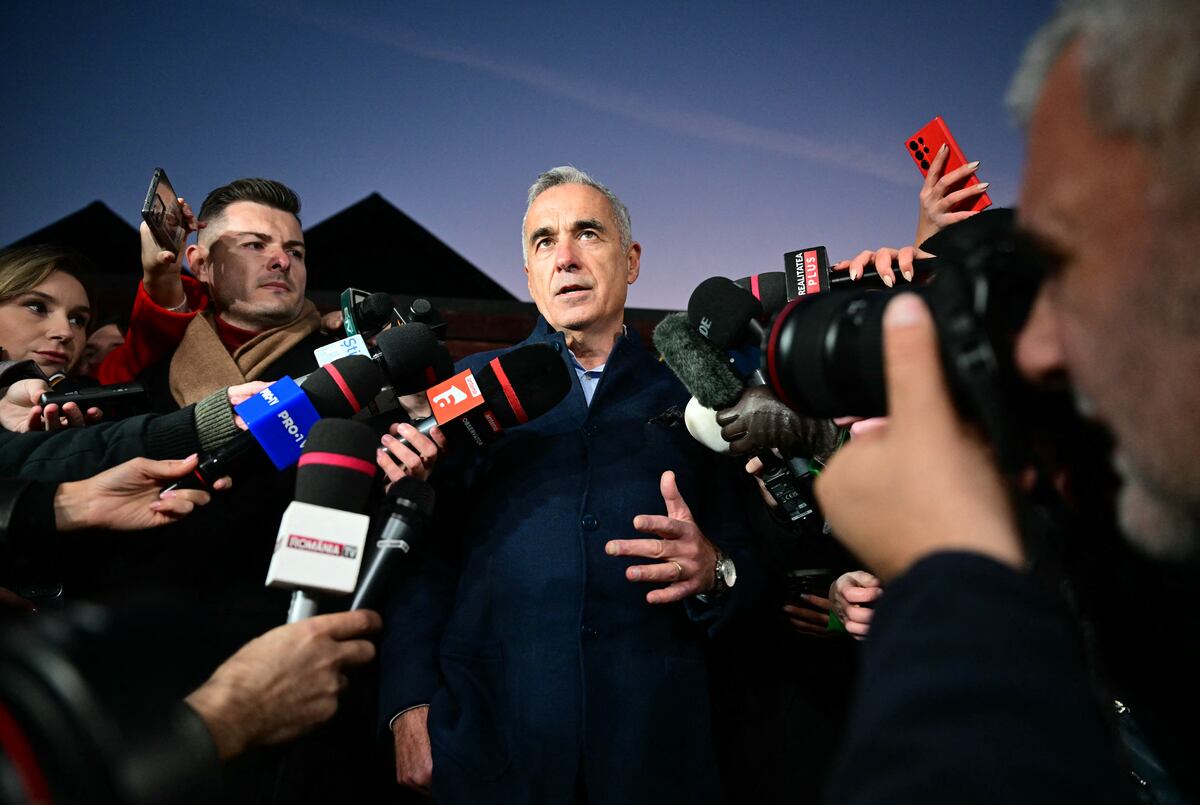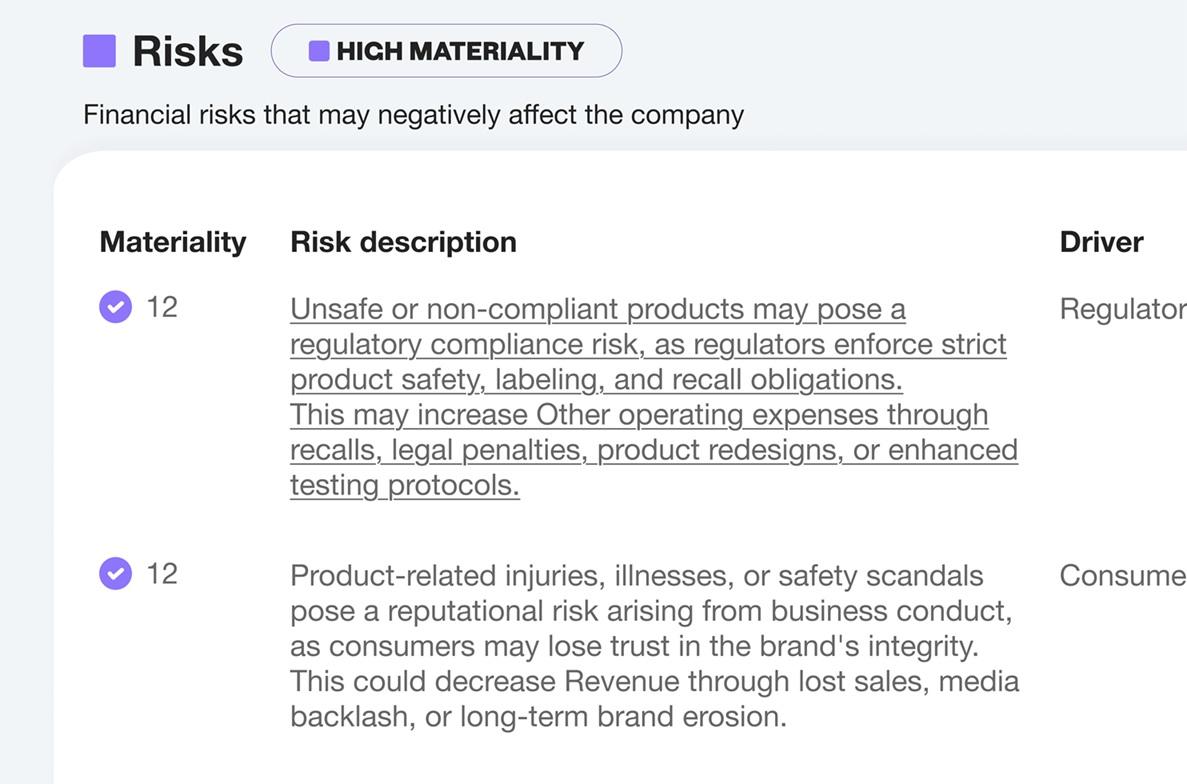The recent annulment of Romania's presidential election run-off highlights a critical juncture for the nation's geopolitical alignment, particularly concerning NATO. The court's decision to rerun the first round stems from alarming reports of Russian interference, including manipulated social media algorithms and cyberattacks on election infrastructure. Calin Georgescu, a nationalist candidate with pro-Putin sentiments, emerged as a surprising frontrunner, raising concerns about his potential to pivot Romania away from its Western alliances. With Romania's strategic position on NATO's eastern flank and its support for Ukraine, the implications of this election extend beyond domestic politics, threatening the stability of the region amid rising Russian aggression.
In light of the constitutional court's ruling, the focus shifts to the safeguards embedded within Romania's political framework that may mitigate the risks posed by a Georgescu presidency. Analysts suggest that institutional checks, including the government's control over foreign policy and defense, will limit his ability to unilaterally alter Romania's NATO commitments. Despite his ambiguous stance on alliances, experts believe that the pro-NATO majority in parliament and the constitutional mechanisms in place will likely prevent any drastic shifts in foreign policy. As Romania navigates this uncertain political landscape, the resilience of its democratic institutions will be crucial in maintaining its strategic partnerships and regional security.








